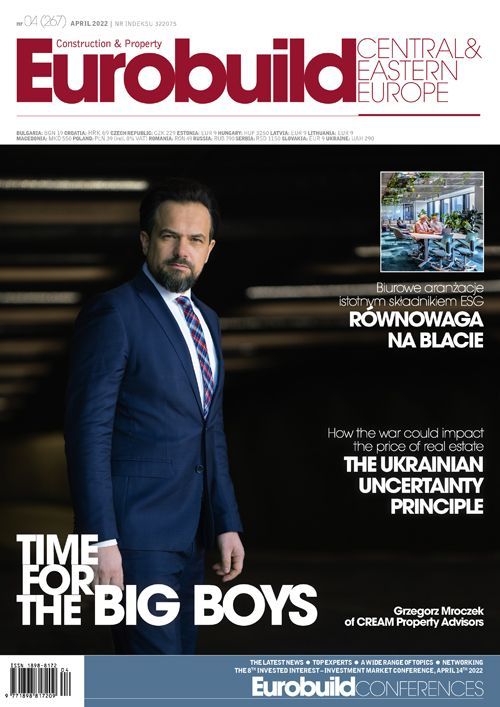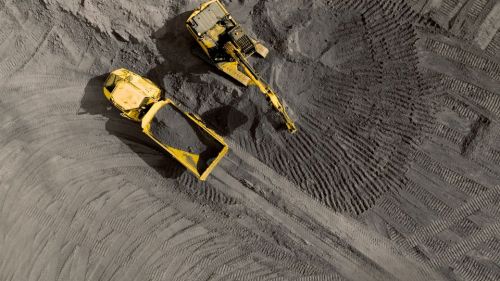Wait-and-see is a well-known investor strategy when markets are disrupted. This is also a difficult time for property valuers, who are fully aware that the market isn’t quite what it used to be, but the transactions that would prove this have yet to take place. Valuers are faced with a quandary when it comes to factoring into their estimates such unquantifiables as the investor mood. “That was the situation in March 2020 at the beginning of the pandemic when the market virtually died. Such circumstances are particularly uncomfortable for valuers, who need to base the assessments behind their valuations on evidence from the market. But in this case, they no longer have access to such figures, since not much is happening on the market,” explains Marcin Malmon, the associate director of deal advisory, real estate advisory and the valuation team at KPMG in Poland.
And how did valuers react to the market stalling at the onset of the pandemic? They decided to raise expecte

























































